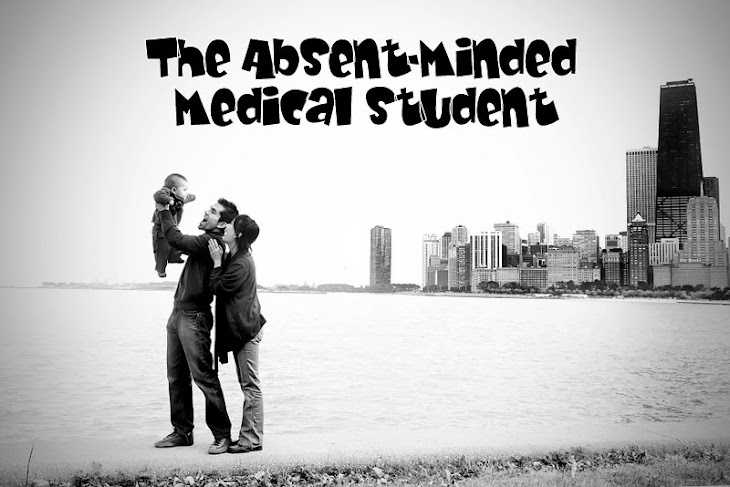Now that I know I want to do pediatrics, I have had to find a residency. There are several things to consider when choosing a residency. Pediatric residencies have some unique aspects to consider. Here are the things that I thought about.
1. Geography: This is probably the most important thing that all medical students consider. In my case, I wanted to be in a place with family (Boston, Baltimore, Seattle, or Utah, recently New York) or at least near family. I also wanted there to be a decent Japanese community for Keiko. And as long as I can pick, I wanted it to be warm. Keiko definitely wanted a place to be warm. I'd get to use/learn more Spanish in southern California.
2. How famous is the program: There are some hospitals that are famous because everything is famous there and the programs are also good (Boston Children's with Harvard, Stanford, UCSF) and there are programs that are particuarly famous for children's programs (Univ. of Cincinatti, Children's Hospital of Philadelphia).
This matters to me because I want to do a fellowship. The more famous the residency, the more famous the fellowship for a pediatrics specialty you can get into.
3.Children's hospital: There are basically 3 types of programs I saw. Children's hospitals and academic centers/community hospitals.
At a program with a children's hospital, I generally only have to rotate at that hospital. If I live close, I can ride my bike or walk rather than buying an extra car. The hospital is clearly for children. Nearly all the doctors are specialized for children. The nurses and techs all know how to deal with children. There are Wii's and Xbox's, disney movies, murals on the walls, toys everywhere, ways to distract the kids to keep them from noticing needles, etc. The personalities generally fit with what you would expect. Also, they often have the main pediatrics emergency rooms so that you get good emergency training, which is something I value.
At an academic center, I usually rotate at 3-6 hospitals. One hospital is the academic center that has the rare diseases and very complicated diseases. Cancer, transplants, etc. But you also need to know how to take care of flu, asthma, upset stomach, so you visit other community hospitals that see less severe sicknesses. You learn several different hospital systems and patient populations so that you are prepared to have a job in any sort of environment. At a children't hospital, you learn how to work in a children's hospital.
4. The "fit": this is universally called the most important thing to look for. It is basically do you feel this program is fit to your personality or not. Will you get along with the residents? What is your gut feeling?
5. Things I personally look for: CDC-trained attendings, public health research, a connection to American Academy of Pediatricians including working on public policy, global health curriculum, are there enough guys in the program. Pediatrics is quite female-heavy. I prefer a program that is 1/3-1/2 guys as opposed to 1/20 guys. I'd also like to use some Spanish since I have been trying to learn it.
6. Other: insurance, salary, vacation, benefits. Some programs feed you every day so no sack lunches necessary. Keiko was a big fan of those programs.
How much does it focus on residents? Do they make sure residents treat patients that you learn from or do you treat the same disease over and over? Do residents control the treatment plan, or is done by fellows? Do fellows do the procedures or do residents?
Do they allow time for research or are you swamped with patient care you can't even study or read.
I didn't have this thought our in this amount of detail until I interviewed at a few programs. The next step is to rank the programs I interviewed at and upload them into the national system online.
Monday, March 7, 2011
Subscribe to:
Post Comments (Atom)

No comments:
Post a Comment